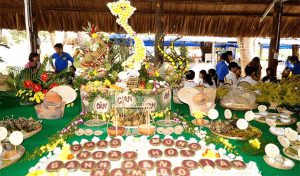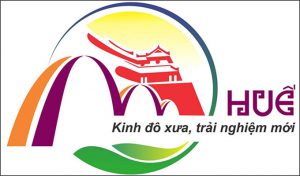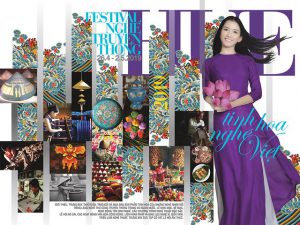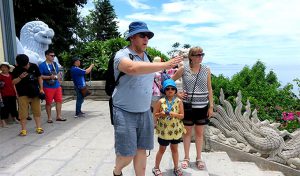The Songkran Festival is a national holiday in Thailand. It marks the beginning of the Thai New Year. The word Songkran is derived from the Sanskrit work samkranti, which means astrological passage. It is a traditional Buddhist festival, and it is usually celebrated between 13 and 16 April unless the dates are modified by an official government announcement.
| Year | Date | Day | Holiday |
| 2018 | 12 Apr to 16 Apr | Thu to Mon | Songkran Festival |
| 2019 | 13 Apr to 16 Apr | Sat to Tue | Songkran Festival |
 The Songkran Festival is also known as the water festival. It celebrates water as a ritual of washing away negativity from the year before. People celebrating Songkran take part in a traditional pouring of water that symbolises washing away back luck and sins from a person’s life. Some people add herbs to the ritual water, as well.
The Songkran Festival is also known as the water festival. It celebrates water as a ritual of washing away negativity from the year before. People celebrating Songkran take part in a traditional pouring of water that symbolises washing away back luck and sins from a person’s life. Some people add herbs to the ritual water, as well.
As April is the hottest month of the year, the celebration of water is relevant on many levels of the festival. However, Songkran is not always celebrated in the same traditional manner. In big cities, the country takes to the streets. Cities like Bangkok see a host of street parties and water fights.
The most famous street party in Bangkok is called Silom. This party takes place all along a street that is over 4 kilometres in length. It is a huge party in which thousands of people have water fights with water guns, balloons and any other vessels they can get their hands on. The street is also crowded with vendors selling water guns, toys, food and drinks.
As a national holiday, offices and banks are closed during the three-day period. Many people take this as an opportunity to go visit their families. In addition to traditional water rituals and street parties, there are other key activities that the Thai people participate in during this week. Many will take this time to attend their temple. Some may also participate in an annual spring cleaning of their homes.
On the second day of Songkran, many families rise early and take part in traditional Buddhist rituals. They give alms to Buddhist monks. They also take part in a ritual that is known as ‘Bathing the Buddha image.’ During this ritual, devout followers will pour water over the statues of Buddha in their home and at their local temple.
(From: www.publicholidays.asia)





